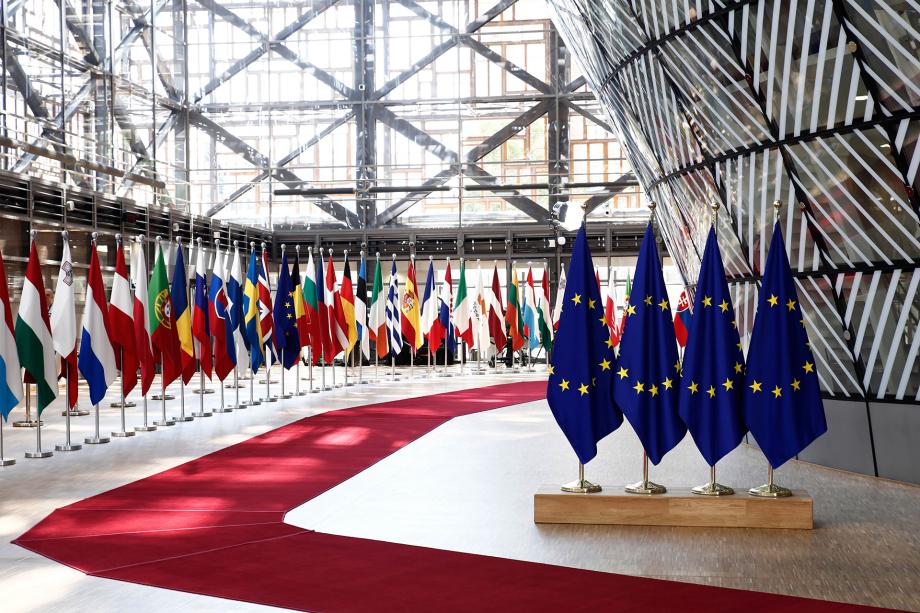Gymnich Meeting as a Litmus Test of the EU’s Ability to Act Together

Despite a summer season, the agenda of an informal meeting of the EU Foreign Ministers are packed with uneasy strategic issues. The biannual meeting, also known as Gymnich, is hosted by the German Foreign Minister, Heiko Maas, in Berlin while Germany holds a rotating Presidency of the Council of the European Union.
For two days, 27 EU foreign ministers together with the Chairman of the European Parliament’s Foreign Affairs Committee, David McAllister, the Commissioner for Neighbourhood and Enlargement, Olivér Várhelyi, and the High Representative of the EU for Foreign Affairs and Security Policy and Vice-President of the Commission, Josep Borrell have been discussing the geo-political developments mostly involving the EU’s neighbourhood. This includes the situation in Belarus, development of EU-Turkey relations in the context of the situation in the Eastern Mediterranean, EU-Russia relations, and the geopolitical impact of COVID-19.
And while the meeting has an informal character, it can serve as a litmus test of EU’s ambition to have a more coherent foreign and security policy and portray itself as a global actor. First journalist reports from the meeting show the clash of varying regional priorities, - while the situation in Belarus is of most concern to its immediate neighbours in Central and Eastern Europe, the tensions in the Eastern Mediterranean preoccupy the minds of the countries in the South. And thus, the preliminary agreement on the proposed targeted sanctions against persons involved in the falsification of elections in Belarus may fall victim to the dissatisfaction of Cyprus and Greece in the response to Turkey’s behaviour in the Eastern Mediterranean. Earlier this month, during the extraordinary teleconference of EU leaders, Greek Prime Minister Kyriakos Mitsotakis has already expressed his concern stating that it would not be possible for the EU to adopt a different stance on Belarus and another on Turkey. This stalemate is indicative that despite the recent intensification of calls for the EU to learn the language of power and geopolitics, especially in times of the current global crisis, the fault lines are still there.
Over the past decades, the EU has not been able to exercise its influence on the global stage (apart from the economic one) precisely due to competing national agendas, varying threat assessment, and a lack of willingness to compromise. With growing instability in its neighbourhood, the EU should learn to act fast and find a compromise, putting their national interests aside when the situation demands it.
As Josep Borrell published in his blog ahead of the meeting: “By investing more in unity, all Member States would gain in influence, because by slowing things down or weakening our capacity to act, they also harm themselves.” There is a possibility that in the face of growing global challenges and broad public support for action, EU Member States could decide to commit to a more coherent and unified foreign policy. Otherwise, the EU’s relevance in the global arena will slowly but steadily decline.

Former Research Fellow and European Neighbourhood Programme Manager